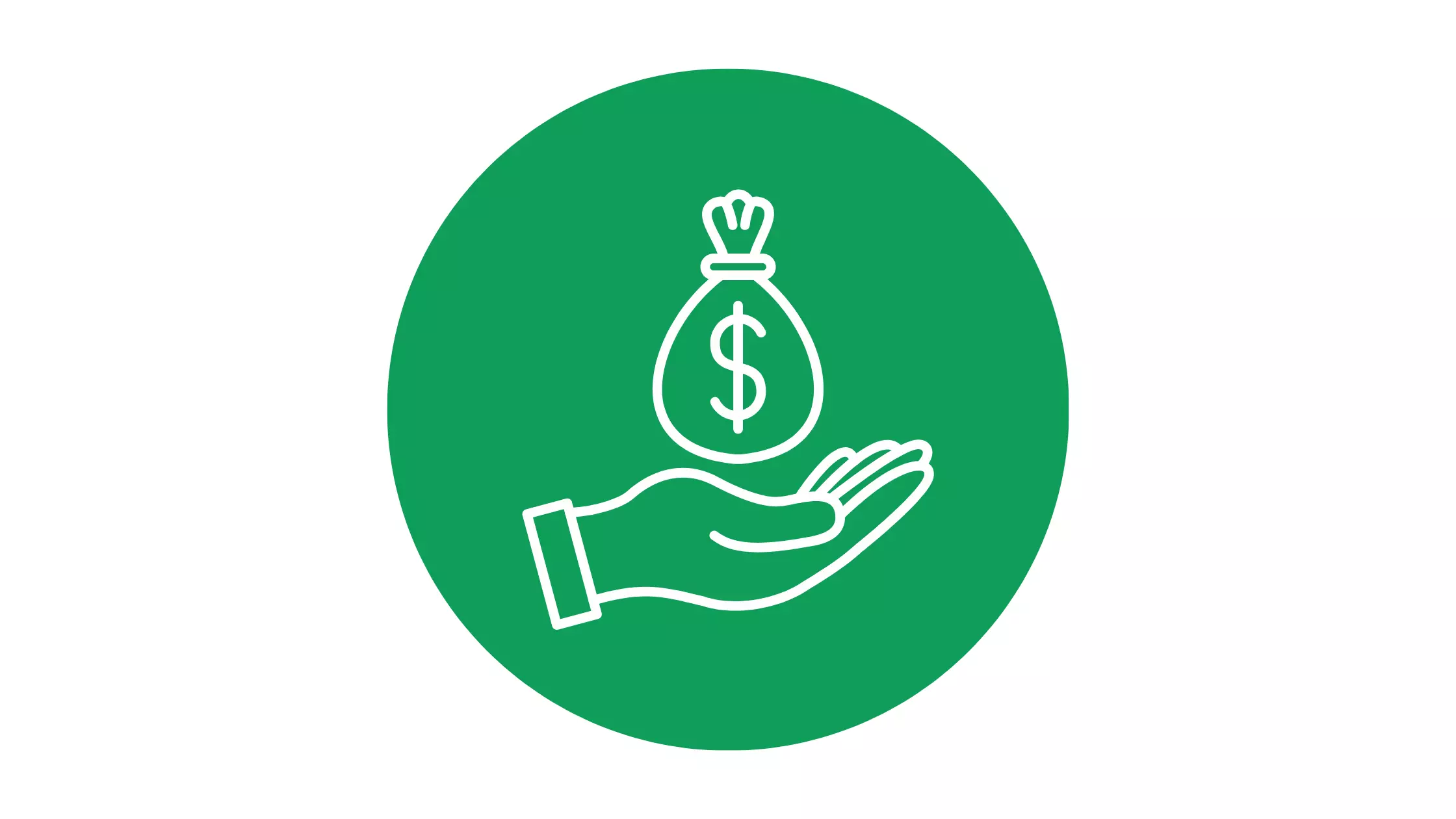Loan for self-employed: credit without proof of income
The self-employed are those professionals who work on their own, that is, they are their own boss.
Advertisements
These professionals are characterized as self-employed, as they do not have any employment relationship and are responsible for their earnings.
Among the many challenges that this audience faces, the difficulty in obtaining resources to invest in their business is one of them.
In this context, they end up having to opt for alternative solutions, such as seeking loans and other credit products.
However, it is at this point that they encounter yet another difficulty: denied access to credit.
Advertisements
This happens because most traditional banks and other financial institutions request specific documentation from applicants, including proof of income.
Why is proof of income requested when applying for a loan?
The request for proof of income by banks in the loan approval process is an essential practice, based on technical and economic reasons.
This measure serves as a security mechanism for both the financial institution and the applicant.
Firstly, by requiring proof of income, banks seek to ensure that the customer has sufficient financial capacity to honor the loan installments.
Therefore, this analysis of economic solutions is crucial to avoid situations of default, ensuring that the customer does not compromise their financial stability by taking on debt.
Additionally, income verification provides banks with a more comprehensive understanding of an applicant’s financial profile.
This information supports the definition of more precise credit limits, considering the individual's payment capacity.
In this way, the risk analysis process becomes more refined, benefiting both parties involved.
Another reason that makes it difficult for self-employed people to access credit is the lack of guarantees.
Banks and financial institutions often require customers to offer some asset as a guarantee of payment, such as a property, a vehicle or a capitalization bond.
This reduces the risk of default and allows the lender to charge lower interest.
However, not all self-employed people have assets that can be used as collateral, or do not want to commit to this type of credit.
One of the reasons is that it can lead to the loss of the asset in case of default.
As a result, they are restricted to unsecured credit options, which generally have higher interest rates and stricter conditions.
What are the loan options for self-employed people?
Although it is a very important document in credit operations, and also benefits both parties, not everyone can have access to this document, as is the case for some self-employed people.
Therefore, the search for loan for self-employed has grown in recent years in Brazil, and as a result, the supply of this credit model has also increased.
In other words, despite the difficulties, the self-employed are not completely excluded from the credit market.
There are some options that can meet your needs and expectations, as long as you are organized, plan and compare the options.
See some of them below:

